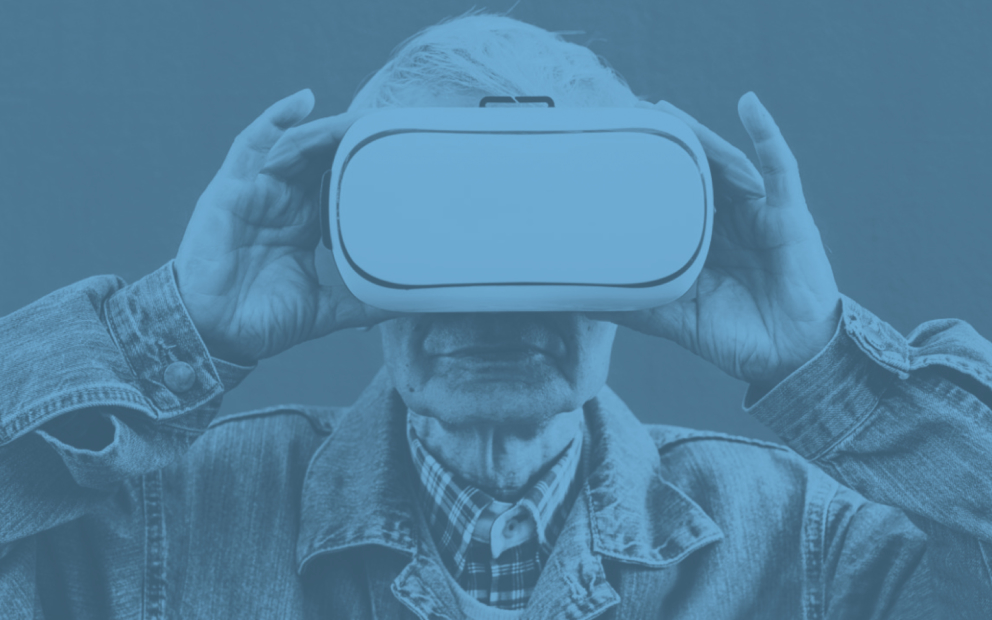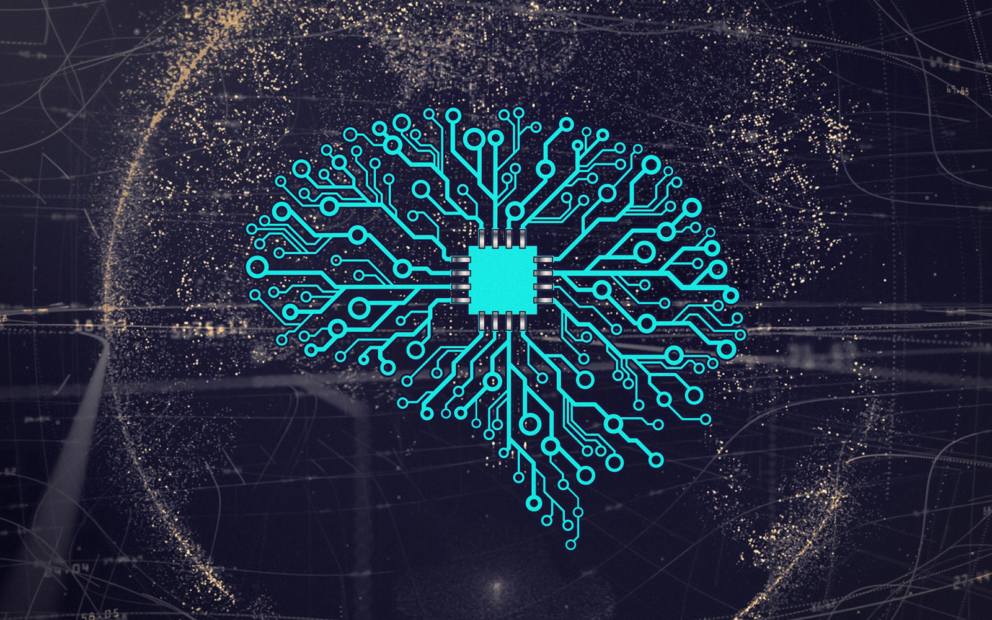
Gulbenkian Programme for Knowledge
Created with the aim of stimulating and mobilising knowledge, know how, social skills and knowing how to think, the Gulbenkian Programme for Knowledge focuses on promoting the skills of each individual and the ability of organisations to enhance them in a sustainable way, based on scientific evidence.
The Gulbenkian Programme for Knowledge also aims to contribute to the prevention and solution of complex social problems, by mobilising existing knowledge and supporting the generation of new knowledge by expanding the frontiers of what is known in priority areas.
The Programme is organised into two major areas or Challenges: Education and Health.
Gulbenkian Challenges
The Gulbenkian Challenges are pilot projects in areas of social interest, with which it is intended to address complex problems through the translation of recent scientific knowledge to contexts of practical application.
These projects, carried out in partnership with recognised partners and experts, make use of behavioural change and implementation sciences with a view to improving access to health care and quality educational offers.
- SKILLS FOR THE FUTURE AND INVESTMENT FOR PROGRESS
- APPLYING KNOWLEDGE TO SOLVE SOCIAL PROBLEMS
- ACCESS TO HEALTH CARE AND EDUCATION

Social and Emotional Learning Skills Development
Preparing young people for the future through a national network of 100 Gulbenkian Academies for Knowledge – projects dedicated to the promotion of adaptability, critical thinking, resilience, creativity, problem solving, self regulation and communication.

Healthy Childhood Development
Pursueing the history of supporting better results in health and well-being in childhood, by reducing adversities at birth.

Youth Talent Promotion
Investing in young people who want to go further through study, research, intervention in their community and leadership, thus reinforcing the Gulbenkian Foundation’s commitment to the new generations.

Public Health Prevention
Innovate in addressing the main health problems – namely infections, mental health, literacy and, more recently, the response to Covid-19, incorporating behavioural sciences and implementation science in the health system.

Lifelong Learning and Employability
Promote quick support responses, skilling and placement of people whose skills will lose more value in the job market. Learn more about the Gulbenkian Award for Adult Literacy project.

Health Innovation through Artificial Intelligence
Incorporate Artificial Intelligence into the health system, using predictive models that make it possible to anticipate risk and disease patterns in the most vulnerable populations.

Education in Emergency Settings
Support pilot projects that aim to prevent and/or mitigate the effects of the public health crisis caused by Covid-19, which accelerated digital transition processes and enhanced the inequalities that persist in the education system.
